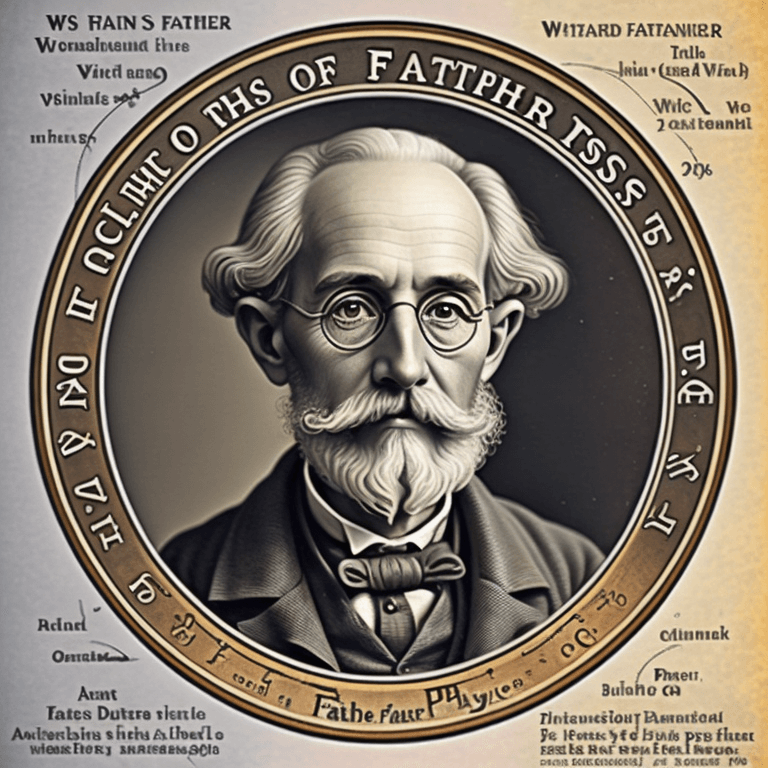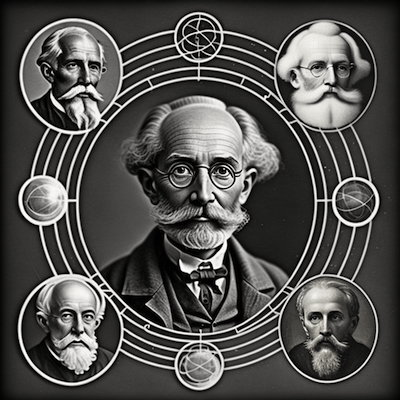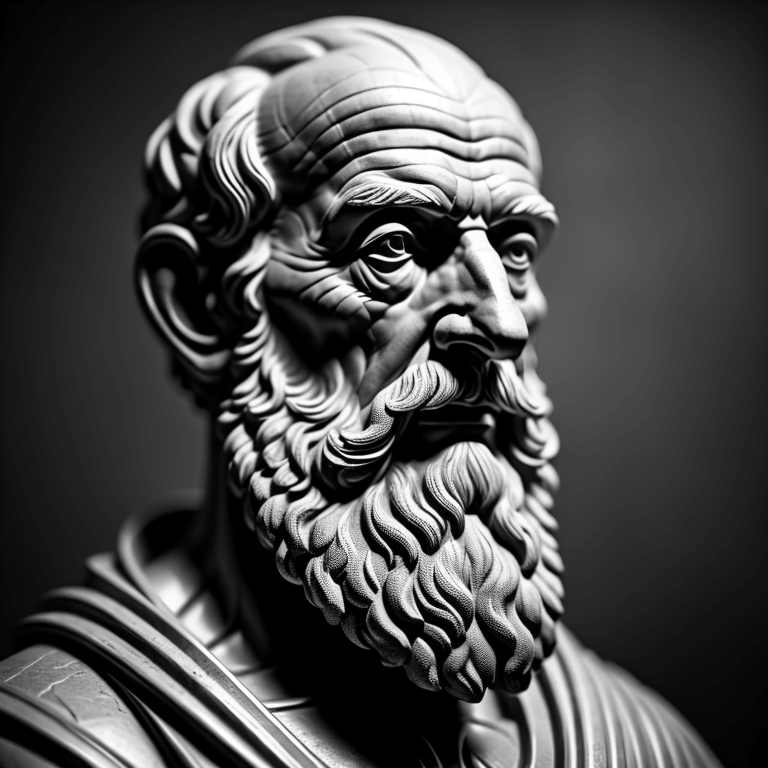Who is the father of Western medicine?

List of 5 Scientists who are often considered to be The Father of Western Medicine:
- Hippocrates (c.460 – c.370 BC) – Ancient Greek physician considered the “father of Western medicine”. Established medicine as a discipline distinct from other fields founded the Hippocratic School of Medicine, pioneered clinical observations, and wrote the Hippocratic Oath on medical ethics.
- Galen (129 – 216 AD) – Prominent Roman physician and surgeon who made foundational contributions to understanding anatomy, physiology, pathology, and pharmacology. His teachings remained authoritative for centuries. He wrote extensively and developed systems for the classification of diseases.
- William Harvey (1578-1657) – English physician who made seminal discoveries on the anatomy and physiology of the circulatory system, including correctly describing systemic circulation. Published influential book Exercitatio Anatomica de Motu Cordis et Sanguinis in Animalibus.
- Rudolf Virchow (1821-1902) – German doctor, pathologist, and politician considered the “father of modern pathology”. Recognized that diseases originated from malfunctioning cells, and helped develop the field of cellular pathology.
- Sir William Osler (1849-1919) – Canadian physician instrumental in revolutionizing medical education in North America. Emphasized bedside manner and holistic patient care integrating pathology and physiology. Published the influential textbook The Principles and Practice of Medicine.
Other figures like Asclepiades, Claude Galen, and Edward Jenner also made vital contributions to establishing the foundations of Western Medicine.
The father of Western medicine is often considered to be Hippocrates.

He was a Greek physician who lived in the 5th century BC.
He is credited with laying the foundations for modern medicine, and his work has been highly influential throughout history.
Hippocrates is considered the father of Western medicine.
He was born in 460 BC on the Greek island of Kos and is considered one of the most famous physicians of all time. He developed the philosophy that health comes from within and that doctors should focus on prevention rather than treatment.
Who is the father of Western medicine
Hippocrates is often referred to as the father of Western medicine.
Explain it to a child
Hippocrates was a famous doctor from long ago. He was born in 460 BC on an island called Kos. He believed that being healthy comes from the inside and that doctors should help people stay healthy instead of just trying to cure them when they’re already sick.
He was a Greek physician who lived in the 5th century BCE. Hippocrates is best known for his Hippocratic Oath, which is still taken by doctors today.
While Hippocrates did not invent medicine, he was one of the first physicians to emphasize the importance of observation and experience.

- He also developed the Hippocratic Corpus, a collection of medical texts that remained influential for centuries.
- Hippocrates’ ideas about medicine were far ahead of his time, and his work laid the foundation for much of modern medicine.
What did Hippocrates contribute to medicine?
He was a Greek physician who lived in the 5th century BCE, and he made numerous contributions to the field of medicine.
For one, he was the first to develop the concept of The four senses of humor, which stated that there were four fluids in the body that needed to be in balance in order for a person to be healthy.
- He also developed the Hippocratic Oath, which is still used by physicians today.
- Additionally, Hippocrates was one of the first to believe that diseases were caused by natural causes, not by supernatural forces.
This was a major shift in thinking at the time, and it laid the foundation for much of modern medicine.
How has Hippocrates’ work been influential throughout history

Hippocrates is a name that has been associated with medicine for thousands of years.
- Born in Greece in the 4th century BCE, Hippocrates was a doctor Bucks County Community College founded the first medical school and developed the Hippocratic Oath, which is still used by doctors today.
- His work laid the foundation for modern medicine, and his ideas about illness and health have been influential throughout history.
- For example, his theory that illness is caused by an imbalance of the four senses of humor – black bile, yellow bile, phlegm, and blood – was accepted for centuries and only began to be challenged in the 19th century.
- Even today, Hippocrates’ legacy can be seen in medical schools around the world, where students still swear to uphold his ethical standards.
It is clear that Hippocrates is a figure who has left a lasting mark on the field of medicine.
What impact did Hippocrates have on the development of modern medicine?
Hippocrates was a physician who developed a system of medical ethics and care that was based on reason and observation.
He believed that illness was a natural process that could be understood by studying the symptoms.
- Hippocrates also believed that patients should be treated as individuals, not just as cases.
- This holistic approach to medicine was revolutionary at the time, and it laid the foundation for the development of modern medicine.
Hippocrates’ legacy continues to this day: the oath that bears his name is still recited by doctors all over the world, and his ethical principles remain at the heart of the medical practice.
What is the legacy of Hippocrates’ work in medicine?

Hippocrates is often referred to as the “Father of Medicine.”
His observations and treatments laid the foundation for modern medicine, and his ethical code is still respected by physicians today.
- Hippocrates was born on the island of Kos in the 4th century BCE.
- He began his medical studies at the age of 20 and traveled widely, learning from different doctors and studying different medical traditions.
- He eventually settled on the island of Thasos, where he built a hospital and taught students.
- Hippocrates believed that illness was caused by natural factors, not by gods or demons.
- He also believed that patients should be treated as individuals, not just as a collection of symptoms.
This approach to medicine was radical at the time, and it helped to transform medicine from a superstitious practice into a science.
Hippocrates’ legacy continues to influence medicine today, and his work remains an essential part of the medical canon.
Overall, Hippocrates was a key figure in the development of medicine, and his legacy continues to influence the field today.
Other “Father Of” Scientific Field Articles:
- Father of Botany
- Father of Zoology
- Father of Ecology
- Father of Bacteriology
- Father of Immunology
- Father of Biology
- Father of Physiology
- Father of Virology
- Father of Anatomy
- Father of Physics
Article Sources
Jacks of Science sources the most authoritative, trustworthy, and highly recognized institutions for our article research. Learn more about our Editorial Teams process and diligence in verifying the accuracy of every article we publish.
